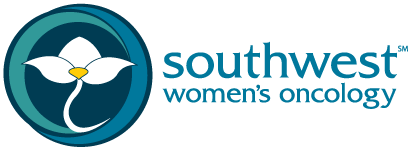A cancer diagnosis can be daunting but approaching it from an informed perspective can reduce uncertainty and fear. It’s also important to remember that diagnosing the cancer makes you just one step closer to fighting and beating cancer.
It’s tempting to Google everything about your diagnosis but resist the urge. Instead, bring those questions to your oncologist so that you can discuss them in a safe, comfortable environment. Here’s what to ask at your first oncologist appointment.
What Kind of Cancer Do I Have?
Different cancers present differently, have different courses of treatment, and different prognoses. Once you know what cancer you have, ask whether yours is a rare or common type of cancer and whether it can be controlled or cured.
What Stage Is It?
The “stage” of your cancer describes how far along your cancer is. Follow up by asking what this means for you and your course of treatment.
Should I Get A Second Opinion?
Many patients seek a second opinion for peace of mind. Your oncologist may be able to direct you to a practitioner, specialty teaching hospital, or medical center.
What Further Tests Are Needed?
To receive your diagnosis, you have likely already undergone testing or screening. Further testing might be required to learn more about your cancer. When you get a test, it’s important to clarify what the test is for and when you will get the results.
What Are My Treatment Options?
Each patient’s case is unique, and your oncologist should be able to walk you through the technology behind the treatment options and help you decide which is best based on your individual needs. Your oncologist will outline your treatment options, as well as which types of treatment they recommend. They can also let you know whether you’re eligible for clinical trials.
Where Will the Treatment Be Conducted?
Some clinics offer full treatment support on-site, while others may require you to travel for testing or treatment. This information can also help inform any discussions with your insurance company.
How Much Will the Treatment Cost?
Cancer treatment can be expensive, even with insurance. You might also require pre-approval from your insurer. Asking this question upfront can help you manage the financial component of a cancer diagnosis.
What Kind of Side Effects Can I Expect?
Ask about how your cancer and your treatment will affect you and your quality of life and what kind of changes you might need to make to your lifestyle. If you’re taking a medicine, it’s also important to ask if it will interact with any medications you are currently taking.
Will it Affect My Fertility?
Some cancers and their treatment affect fertility. If you plan to have children, discuss your fertility preservation options with your oncologist.
What Does My Family Need to Know?
Some cancers have a genetic component, and other family members may need to be tested. Your oncologist may also provide information to help family members support and care for you throughout your treatment.
What Other Resources Are Available?
Wanting to know more or seek support is normal. Your oncologist can provide resources about your cancer, treatment, or maintaining a healthy lifestyle while living with cancer. They can also direct you to support groups.
What Is Their Background and Approach?
Finally, take the time to get to know your oncologist, their background and expertise, and how they approach their work. Once you know that you’re in good hands, you’ll feel more comfortable proceeding.
As you learn more about your diagnosis or progress through your treatment, you’ll probably come up with more questions. Jot these down in a notebook as they come to you, so you have access to them before your appointment – whether it’s your first or one further down the road.
If you’ve had a cancer diagnosis and are seeking care or a second opinion, contact Southwest Women’s Oncology and Health. We’re here to support our patients every step along the way.
TESTIMONIALS

“She made sure I understood everything. If I had questions after hours, I could always call her on her cell. I never felt like I was a burden. I know Dr. Finkelstein is here for me.”
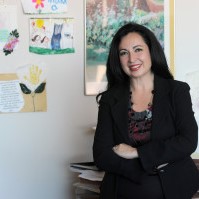
“I was very impressed when I met Dr. Finkelstein. She was relatable. She has two young children and a career. I have two young children and a career.”
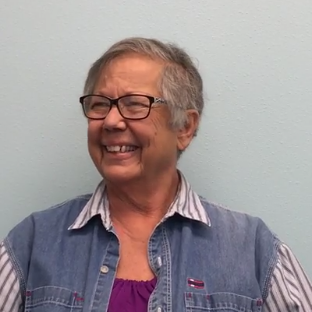
“They were very empathetic, very knowledgeable, very efficient and they are my friends today. I love them all. I come in here just to say hi to everybody and Dr. Finkelstein. I have complete and total trust in her and her abilities. Everything she has told me and done is just above board and I have complete faith in her.”
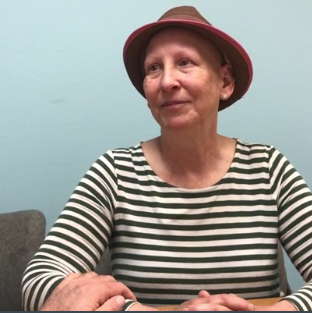
“I was so comforted and excited to have someone listen and hear what I had to say and actually supported me. I appreciated the balance immensely of true knowledge and willingness to be open to what I was finding in regard to alternative medicine.”
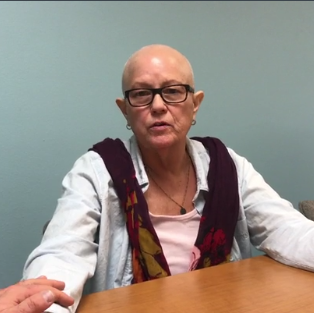
“I’m grateful that Karen came into my life. She has so much integrity and love for her patients and if you end up here you are in a good place.”
OUR MISSION
To help women triumph over their gynecologic and oncology needs in a warm and nurturing way.
